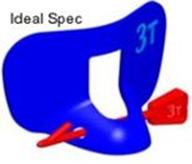
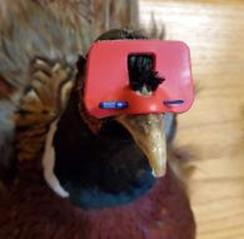

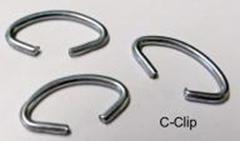
|
Ringneck Pheasant has been fitted with Kuhl Perfect Peepers to reduce feather picking and cannibalism.
|

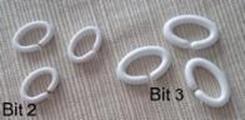
|
The rubber V-shaped Ideal Spec enhances the ability to slide off netting. The increased wall thickness at holes reduces wear and creates a funnel shape to help guide the pin through the hole. |


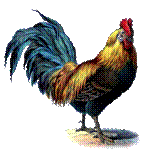
|
|
Item |
100 |
1000 |
|
IDSP |
Ideal Spec Rubber Pheasant Blinders with pins, Special price good as long as our in warehouse stock lasts. Price reduced 5/8. |
$20.00 |
$100.00 |
|
E3TP |
Extra pins for Ideal Spec |
$6.00 |
$40.00 |
|
PPNP |
Perfect Peeper with HD pins for birds over 6 wks. old |
$20.00 |
$130.00 |
|
PPCC |
Perfect Peepers with C-clips |
$21.00 |
$132.00 |
|
EXNP |
Extra heavy duty nylon pins |
$6.00 |
$40.00 |
|
EXCC |
Extra C-clips |
$6.00 |
$40.00 |
|
PB2 |
Plastic bits for quail, chukars, & 3 to 6 wk–old pheasants. Measures 1/2” w x 1/4” h. Flexible bits do not require a tool. |
$4.75 |
$40.00 |
|
PB3 |
Plastic bits for pheasants 6 wks. Measures 3/4” w x 1/2” h. |
$5.00 |
$45.00 |